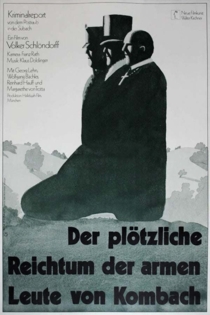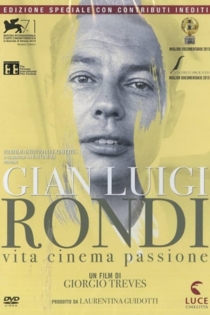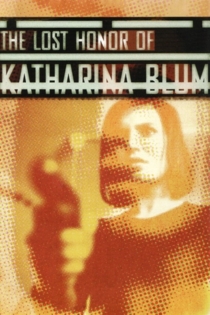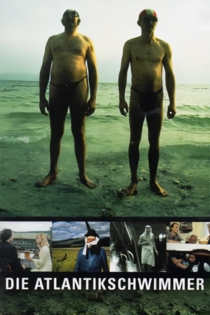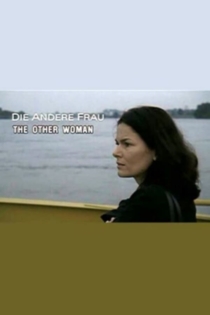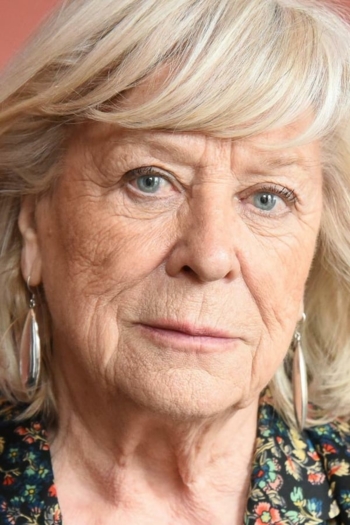
Margarethe von Trotta
1942 (84 года)The predominant aim of her films is to create new representations of women. Her films are concerned with relationships between and among women (sisters, best friends, etc.), as well as with relationships between women and men, and include political settings. Nevertheless, she rejects the suggestion that she makes "women's films".
She is a recipient of one Golden Lion at Venice Film Festival, 2 David di Donatello Awards, Gold Hugo Award at Chicago International Film Festival, Lifetime Achievement Award at European Film Award, Lifetime Achievement Award at German Film Awards, 2 Palme d'Or nominations at Cannes Film Festival, and numerous other awards and nominations.
Alida
Mimmo Verdesca
Giovanna Mezzogiorno, Piero Tosi
A complete and never-before-seen portrait of the life of a young girl from Pula (Istria) who quickly became one of the most famous and beloved actresses of Italian and international cinema, told through the words of her unpublished letters and diaries, photographs, homemade films in 8 mm, and new interviews with her relatives, friends, and collaborators.
Alida Valli: In Her Own Words
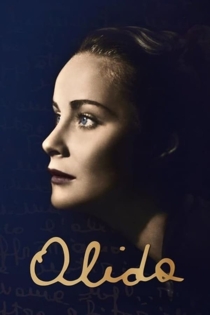
Die Schwester
Margarethe von Trotta
Rosemarie Fendel, Cornelia Froboess
All her life, 80-year-old Margot Brunner (Rosemarie Fendel) has lived with her disabled sister Wilma (Cornelia Froboess) in the apartment of their deceased mother. The grove Wilma seizes every opportunity she gets to be a nuisance to her sister. When Margot meets artist Gregor (Matthias Habich), she finally gets the courage to tell her sister that she wants to enjoy her life and get out of the house. But Wilma does not agree with this.
Sister
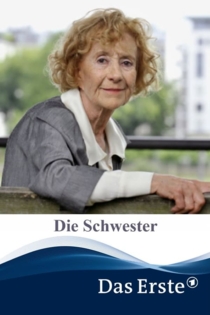
Die bleierne Zeit
Margarethe von Trotta
Jutta Lampe, Барбара Сукова
Germany, 1968: The priest's daughters Marianna and Juliane both fight for changes in society, like making abortion legal. However their means are totally different: while Juliane's committed as a reporter, her sister joins a terroristic organization. After she's caught by the police and put into isolation jail, Juliane remains as her last connection to the rest of the world. Although she doesn't accept her sister's arguments and her boyfriend Wolfgang doesn't want her to, Juliane keeps on helping her sister. She begins to question the way her sister is treated.
Marianne and Juliane
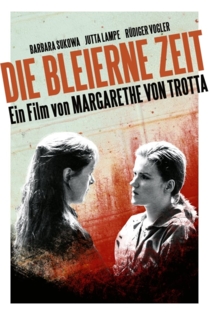
Schwestern oder Die Balance des Glücks
Margarethe von Trotta
Jutta Lampe, Gudrun Gabriel
Sisters Maria and Anna live together. Maria is a most proficient executive secretary, encouraging Anna to finish her studies and start a career. Anna broods, threatens to quit university, takes pills, and keeps a diary. When Maria's relationship with Maurice, the son of her boss, starts to lead to love, Anna takes a selfish and drastic step that plummets Maria into solitude. No longer able to connect with Maurice, Maria does establish a relationship with Miriam, a typist at her office who becomes a surrogate younger sister. But Maria is intrusive as well as helpful. Can this or any relationship work out for this talented woman whose past seems to choke her soul?
Sisters, or The Balance of Happiness
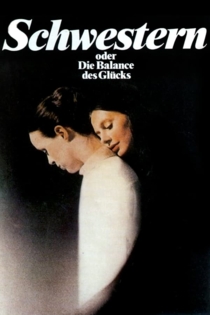
Unter uns
Margarethe von Trotta
Andrea Sawatzki, Jörg Schüttauf
The former owner of a craftsman’s business, Wolfgang Kunert, who has been unemployed for a long time, is waiting at the job agency. When it is his turn after four hours of waiting and Heidi Ganz, the agent responsible for him, cannot offer him any work and points out his misconduct in general, he loses his nerves. He pulls out a gun and takes Mrs. Ganz hostage.
Unter uns

Hannah Arendt
Margarethe von Trotta
Барбара Сукова, Axel Milberg
HANNAH ARENDT is a portrait of the genius that shook the world with her discovery of “the banality of evil.” After she attends the Nazi Adolf Eichmann’s trial in Jerusalem, Arendt dares to write about the Holocaust in terms no one has ever heard before. Her work instantly provokes a furious scandal, and Arendt stands strong as she is attacked by friends and foes alike. But as the German-Jewish émigré also struggles to suppress her own painful associations with the past, the film exposes her beguiling blend of arrogance and vulnerability — revealing a soul defined and derailed by exile.
Hannah Arendt
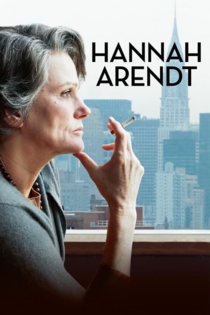
Das Andechser Gefühl
Herbert Achternbusch
Herbert Achternbusch, Margarethe von Trotta
An anxious teacher (played, as is the lead role in all his films, by the director) sits in a beer garden on the hill of the Andechs monastery. While flies drown in his mug of beer, he confronts a life of failure: the wife he ignored, the child he neglected, the teaching duties he has shirked, and his doomed efforts at winning tenure from school officials. Only a dream from the past-the memory of a former liaison with a film star with whom he shared "the Andechs feeling, a feeling that we are not alone" - provides sustenance. Despite an unexpected series of events, longing in Achternbusch's world ultimately remains stronger than fulfilment and thirst better than beer.
Das Andechser Gefühl
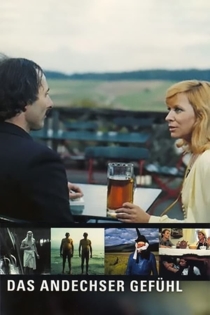
Reel Herstory: The Real Story of Reel Women
Ally Acker
Jodie Foster, Ally Acker
Using rare footage and exclusive interviews with filmmakers from all over the globe, "Reel Herstory" corrects the historic notion that women behind the scenes in motion pictures held peripheral careers compared with their male counterparts.
Reel Herstory: The Real Story of Reel Women
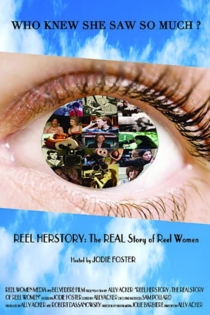
The Sudden Wealth of the Poor People of Kombach
Volker Schlöndorff
Georg Lehn, Karl-Josef Cramer
An intriguing Hans Christian Anderson-style fairy tale aesthetic and voice over narration. Sudden Wealth is a despairing chronicle of a group of starving peasants who finally seize governmental wealth like a dysfunctional group of Robin Hood's Merry Men, only to be betrayed by their inescapable selves and systematically dehumanized (think bucolic Orwell) and reprogrammed by what we'll put under the rubric of God and Country.
The Sudden Wealth of the Poor People of Kombach
